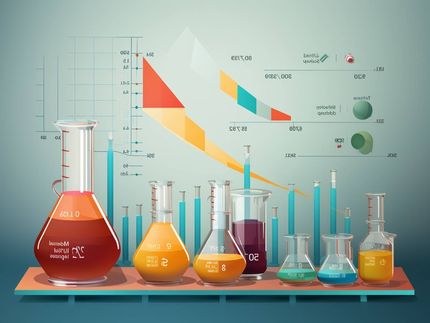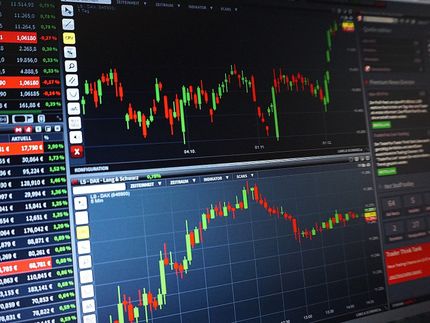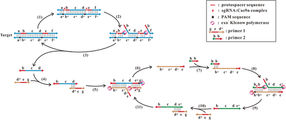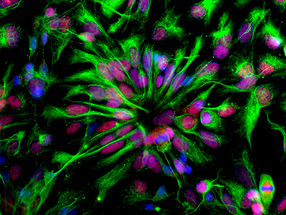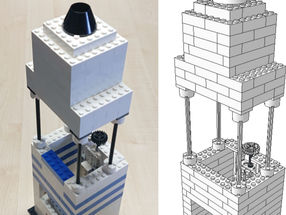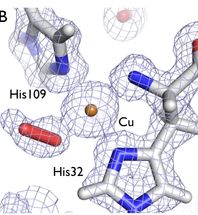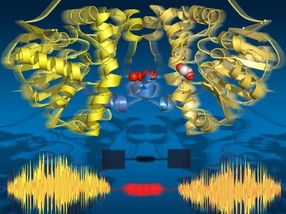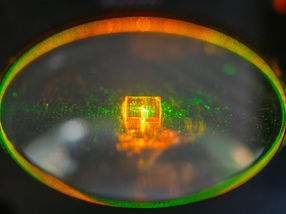BASF achieves strong EBIT before special items despite significantly higher energy and raw materials prices
Sales grow to €23.1 billion
The first quarter of 2022 was characterized by significantly higher energy and raw materials prices as well as supply chain disruptions. “Nevertheless, we had a very good start to the year 2022,” said Dr. Martin Brudermüller, Chairman of the Board of Executive Directors of BASF SE, at the company’s virtual Annual Shareholders’ Meeting this year. BASF had already released preliminary figures on April 11, 2022.
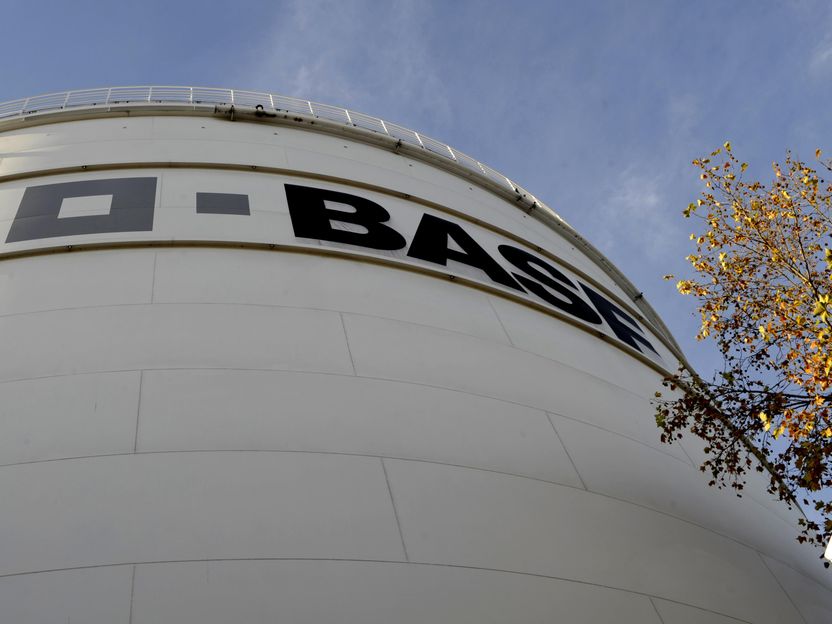
BASF SE
Sales rose by €3.7 billion compared with the first quarter of 2021 to €23.1 billion. Sales growth was mainly driven by higher prices, especially in the Chemicals and Materials segments. Positive currency effects in all segments supported sales performance. Slightly lower sales volumes overall had an offsetting effect. Volumes growth in the Agricultural Solutions, Industrial Solutions, Materials, Nutrition & Care and Chemicals segments could not fully offset the decline in volumes in the Surface Technologies segment.
Income from operations (EBIT) before special items increased by €497 million to €2.8 billion. This was largely attributable to considerable earnings growth in the Chemicals segment. The Industrial Solutions, Materials and Nutrition & Care segments also significantly increased EBIT before special items. The Agricultural Solutions segment recorded slightly higher EBIT before special items. EBIT before special items in the Surface Technologies segment declined considerably, primarily as a result of much weaker demand from the automotive industry.
EBIT rose by €474 million compared with the first quarter of 2021 to €2.8 billion. Net income amounted to €1.2 billion, compared with €1.7 billion in the prior-year quarter. This is due to impairment charges recognized by Wintershall Dea, which BASF included in net income from shareholdings on a proportional basis (72.7 percent) as a special charge of around €1.1 billion. These impairments were triggered by the war in Ukraine and the related political consequences and concerned, in addition to the Nord Stream 2 loan, assets in Russia and in the gas transportation business.
Improved operating cash flow in first quarter 2022
Cash flows from operating activities amounted to minus €290 million, an improvement of €235 million compared with the first quarter of 2021. This increase – despite higher cash tied up in net working capital as a result of higher input costs and the sharp rise in sales – was mainly attributable to the improved operating performance. Free cash flow improved by €88 million to minus €893 million.
Proposed dividend of €3.40 per share
The Board of Executive Directors and the Supervisory Board of BASF SE are proposing a dividend of €3.40 per share for the 2021 business year to the Annual Shareholders’ Meeting taking place today. Assuming a corresponding resolution is adopted by shareholders, BASF will pay out a total of around €3.1 billion on May 4, 2022. “This payment is more than covered by our strong free cash flow of €3.7 billion generated in 2021,” said Brudermüller. The ex-dividend date, the day on which the BASF share will trade without the amount of the dividend reflected in the share price, is May 2, 2022.
BASF Group outlook for 2022
The global macroeconomic outlook is currently subject to very high uncertainty. In particular, it is impossible to predict the further development of the war in Ukraine and its impact on the prices and availability of energy and raw materials.
Consequently, BASF is currently maintaining its macroeconomic assumptions for the 2022 business year:
- Growth in gross domestic product: 3.8 percent
- Growth in industrial production: 3.8 percent
- Growth in chemical production: 3.5 percent
- Average euro/dollar exchange rate of $1.15 per euro
- Average annual oil price (Brent crude) of $75 per barrel
BASF Group’s sales and earnings forecast for the 2022 business year, as published in the BASF Report 2021, is being maintained:
- Sales of between €74 billion and €77 billion
- EBIT before special items of between €6.6 billion and €7.2 billion
- Return on capital employed (ROCE) of between 11.4 percent and 12.6 percent
- CO2 emissions of between 19.6 million metric tons and 20.6 million metric tons
The market environment continues to be dominated by an exceptionally high level of uncertainty. Risks may arise from further increases in raw materials prices and new sanctions against Russia, such as a natural gas embargo, or restricted gas supplies from Russia as a result of counter-sanctions. Further risks could arise from the future course of the coronavirus pandemic and longer-lasting or new measures to contain the number of infections, especially in China. Opportunities could arise from continued high margins.
